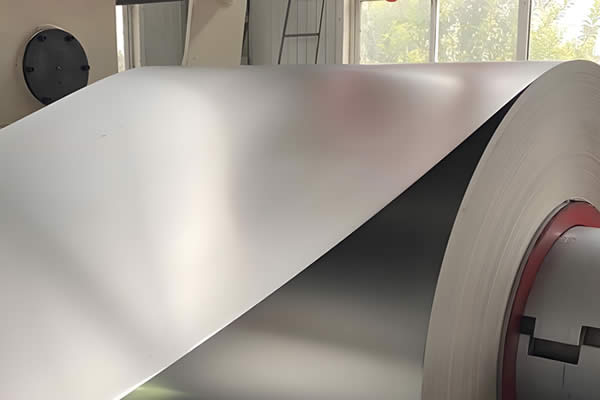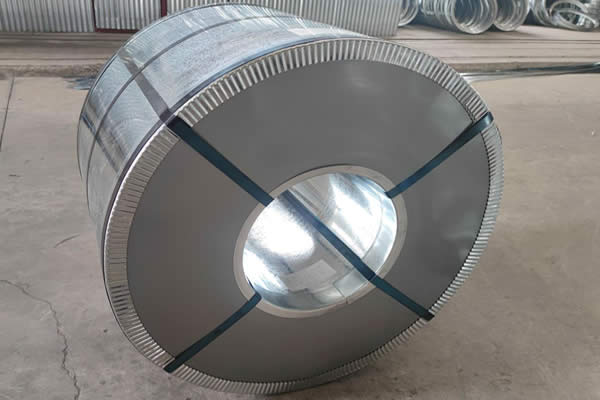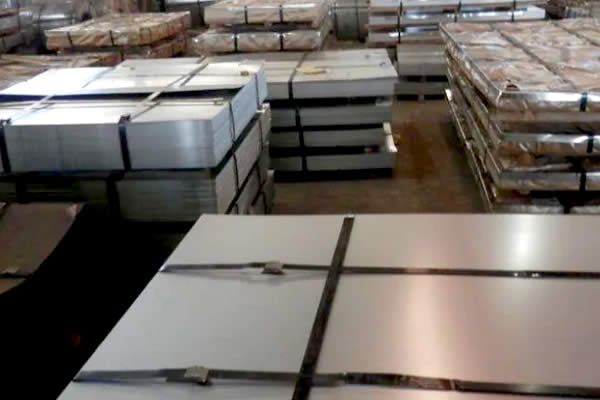Galvanized Steel Sheet: Coating Types and Standards
Dinglian Co., supply Galvanized Steel Sheet, which is essentially a carbon steel sheet coated with a layer of zinc to prevent rust and corrosion. This durable and cost-effective material finds widespread use in construction (roofing, walling), automotive parts, appliances, and various industrial applications. Classifications often depend on the coating method (e.g., hot-dip galvanized, electro-galvanized), the weight or thickness of the zinc coating, and the surface treatment (e.g., regular spangle, minimized spangle).
Specifications
- Thickness (Gauge): Common thicknesses range from 8 gauge (thickest) to 30 gauge (thinnest), with values like 10, 12, 14, 16, 18, 20, 22, 24, and 26 gauge frequently used in various applications.
- Width: Standard widths for galvanized steel sheets typically include 36 inches, 48 inches, and 60 inches, offering flexibility for diverse project requirements and minimizing material waste.
- Length: Standard lengths commonly available are 96 inches (8 feet), 120 inches (10 feet), and 144 inches (12 feet), although custom lengths can be produced.
- Coating Weight: Zinc coating weights are specified, such as G90 (0.90 oz/ft²) or Z275 (275 g/m²), indicating the amount of zinc protection and influencing corrosion resistance.
- Steel Grade: Base steel grades vary (e.g., Commercial Steel, Structural Steel), with designations like CS Type B or SS Grade 33, determining the sheet's mechanical properties.
- Standards: Industry standards like ASTM A653 (US) or EN 10346 (Europe) define production, testing, and performance criteria for galvanized steel sheets.
- Surface Finish: Surface finishes include regular spangle, minimized spangle, and smooth, affecting the sheet's appearance and suitability for painting or other coatings.
- Coating Method: Galvanizing methods include hot-dip galvanizing, providing a thick, durable coating, and electro-galvanizing, offering a thinner, more uniform coating.
- Tensile Strength: Tensile strength, measured in psi or MPa, indicates the maximum stress the sheet can withstand before breaking, varying with steel grade.
- Yield Strength: Yield strength, also in psi or MPa, is the stress at which the sheet begins to deform permanently, important for structural applications and load-bearing capacity.










